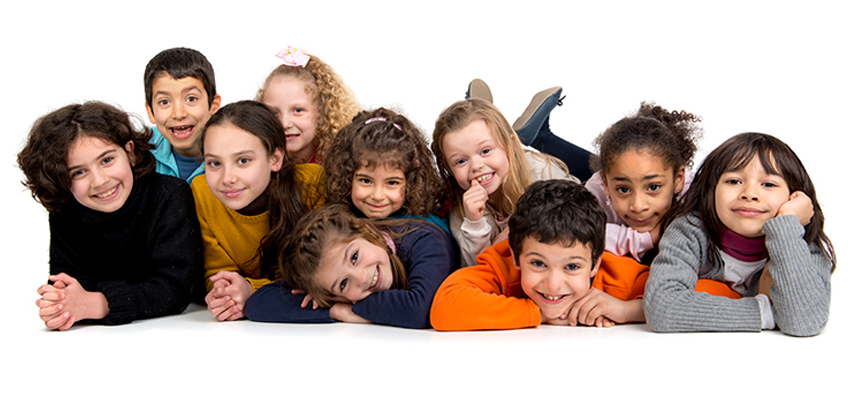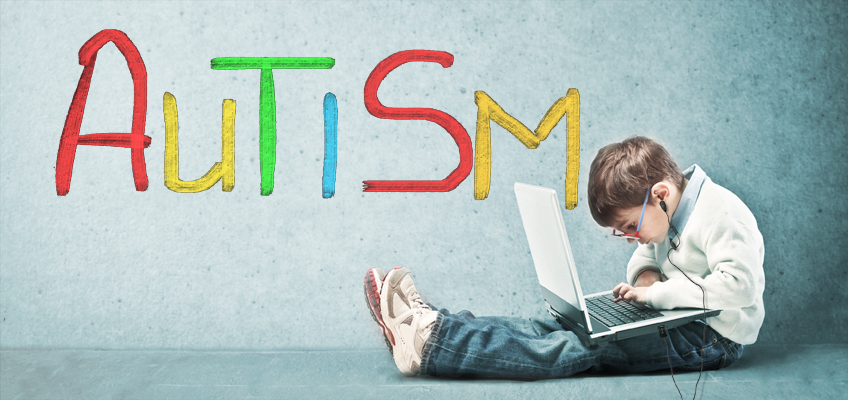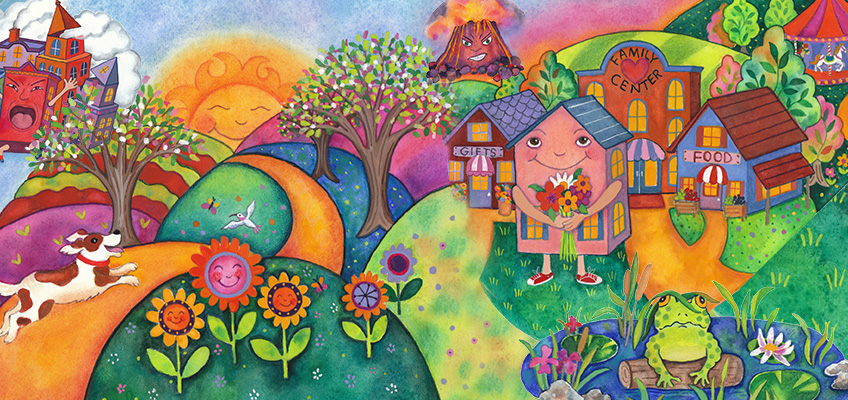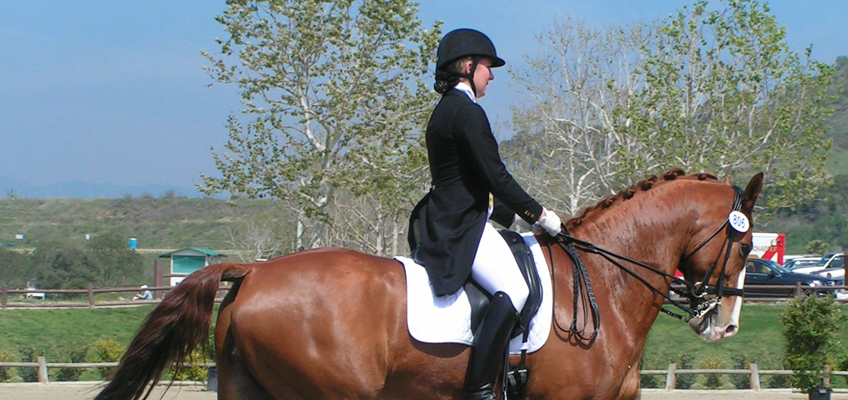Get Access to our Latest Ideas & Research on Heart Intelligence
Learn practical solutions for expanding heart connections, accelerating personal growth and transforming stress into greater energy, better health and a more fulfilling life.
Learn practical solutions for expanding heart connections, accelerating personal growth and transforming stress into greater energy, better health and a more fulfilling life.

We are excited to introduce our new social and emotional Smart Brain Wise Heart™ e-Learning Program for Boys & Girls Clubs, ages 8- to 12-year-olds.
The primary goal of this program is to have participating youth learn self-regulation skills and improve their focus, motivation and decision-making. Smart Brain Wise Heart (SBWH) introduces tools and strategies for youth to learn how to respond to stress in positive ways.
Continue reading
One in every 88 children in the United States has been diagnosed with autism spectrum disorder, according to a study published by the U.S. Centers for Disease Control in Atlanta.
Continue reading
“Emotional development in children is crucial and yet severely disregarded,” says a well-known author, consultant and speaker who was greatly impressed by a new family board game from HeartMath.
“I was really blown away by the Wild Ride to the Heart,” Dr. Jim Taylor recently told the HeartMath Institute. Taylor is recognized worldwide for his work in the psychology of performance in business, parenting and sports.
Continue reading
This story begins, appropriately with Story, a Hannoverian (a German horse named after the Hannover region in Germany) on which a young Canadian equestrian with big dreams was honing her dressage skills in the summer of 2006.
Continue reading